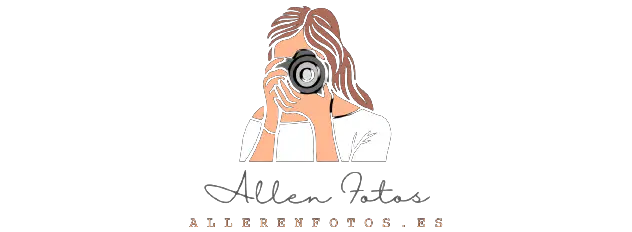Conjugacion verbo aller presente indicativo

Aller conjugaison
You are writing a text in French and you are not quite sure how to correctly conjugate the verb in Passé Composé? You get confused again when you want to form the passive voice of a verb in Plus-que-parfait? And what was the difference between Imparfait and Conditionnel Présent? The conjugation of French verbs is not really simple. It is true that many of the endings are similar, but perhaps that is precisely where the difficulty lies! Don't panic, with a simple click on our website you will find all the regular and irregular forms in table form, so that you don't make any more conjugation mistakes, consult our verb tables!
What is an Aller?
aller [allant|allé] {intransitive verb} {intransitive verb}
caber [cabiendo|cabido] {v. intr.}
How do you write the verb ir in the present simple tense?
Usted va. Tú no vas. ¿Vas tú? Él/ella/él va.
How do you conjugate the verb aller in the simple future tense?
I will go to the mountain next week. La semana que viene iré a la montaña.
Verb être
The verbs of the first group are all those verbs that end in -er in the infinitive, and in -e in the first person indicative. All the verbs in this group are regular except aller (to go) and envoyer (to send), although some have certain spelling changes:
This second group includes all verbs ending in -ir in the infinitive, in -is in the first person of the present indicative, and in -issant in the gerund. Most of them follow a fairly regular conjugation, with the following exceptions:
Verb faire
Usage: We use the present indicative to describe something that is happening at the moment we are speaking, right now, today. We can organize the verbs into 4 sets.Set 1: infinitive ending in -er 1 base derived from the infinitive. All verbs (+/- 8000) of which the infinitive ends in "-er" (except: aller) and 12 verbs ending in "-ir", such as ouvrir.Pass-er
Ils/Elles pass ent Set 2 2 bases derived from the infinitive. In singular ("je", "tu", "il/elle/on"), the short base removes 3 letters from the infinitive. In the plural ("nous, "vous", "ils/elles"), the long base removes 2 letters from the infinitive. 15 verbs ending in "-ir" such as sortir, partir, 6 verbs ending in "-vre" such as suivre and 14 verbs ending in "-ttre", such as mettre.Sor-tir
